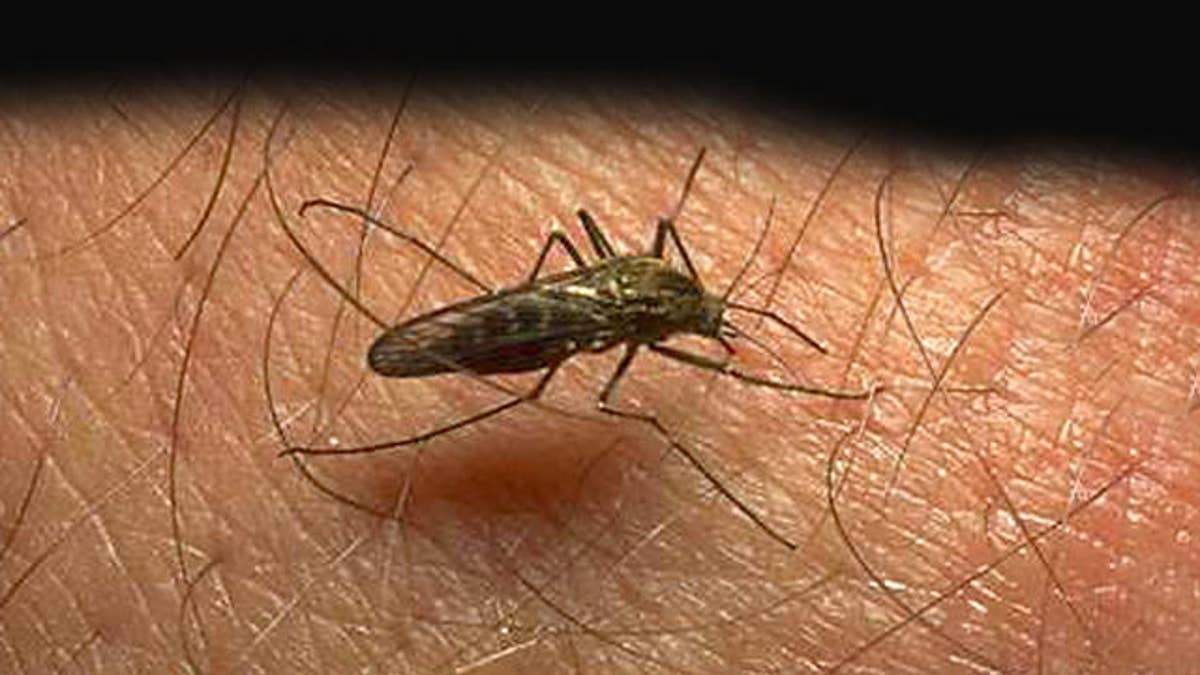
(AP)
Today, Wednesday is World Malaria Day, recognizing the global fight against malaria. Malaria is one of the leading killers of children around the globe, claiming the life of a child every minute of every day – and the ultimate tragedy is that we could prevent every one of those deaths.
[pullquote]
Often far away from the glare of publicity, the United States is helping to bring new hope and new help in the fight to end this death toll. In doing so, we are exporting the best of America: our skill, our compassion, and our determination to succeed. By helping countries win the fight against malaria, the President’s Malaria Initiative (PMI) is protecting our national security, advancing our economic interests, and creating alliances of shared values; simply put, we are building lasting friendships around the world.
In these times of economic uncertainty, it is particularly important to take a hard look at every initiative, and judge whether it is an effective use of resources, and in our national interest.
The fight against malaria clearly meets both tests.
We recently visited the African country of Ghana and had the chance to observe firsthand how PMI is helping that country fight malaria. Through a coordinated program of prevention and treatment, Ghana has made tremendous progress, cutting the death rate among children under five by almost 30 percent in just two short years.
Results like this aren’t confined to Ghana. In country after country, PMI has helped dramatically reduce deaths from malaria. That’s why a recent independent external review found PMI to be a “very successful, well-led component” of the U.S. global health effort.
These remarkable results have been achieved on a budget that amounts to a dime out of every $400 in the US government budget. For that dime, Americans have helped save the lives of a million children in the last seven years since PMI was launched by President Bush in 2005 and built goodwill across the world.
Successful partnerships are essential to this success. In Ghana, PMI works with everyone from the Global Fund to Fight AIDS, Tuberculosis and Malaria to the royal family of a village we visited, who welcomed us and the insecticide-treated nets we brought, with a traditional festival of music and dancing.
While we were helping to hang mosquito nets, we often saw, next to a red, white and blue logo, this simple but powerful statement on the materials we provided: “From the American people.”
In our travels, we’ve met people who – even decades later – remember with still-fresh awe and gratitude the medicine, food, or shelter they received as children that bore those colors and that powerful statement. Truly, when you save the life of a child, you create a bond for life.
The world isn’t relying just on governments to win the fight against malaria. Major corporations, such as ExxonMobil, are providing important resources for the global fight. Locally, individual companies are helping to fight malaria in their communities.
We had the chance to visit the town of Obuasi, where the Anglo Gold mining company was losing money and manpower because of missed work days due to malaria, prompting the company to support a malaria control program for the community.
In 2005, out of a workforce of 8,000, Anglo Gold lost an astonishing 6,983 man-days due to malaria. The lost productivity cost the company $660,000 that year.
Today, after an effective malaria control program, the number of lost work days has been slashed to 90 per month – and the cost of lost days has been reduced by an extraordinary 99 percent.
The benefits of the malaria control program aren’t just limited to the workplace: school attendance in Obuasi is up by 70 percent since the program began.
Winning the fight against malaria across Africa wouldn’t just save lives – it would help unlock the economic potential of a continent. Already, Africa is the home of six out of the ten fastest growing economies in the world over the past ten years, and further progress to alleviate the burden of malaria will strengthen potential markets for American goods and partners for American business.
Americans should feel confident and proud they are receiving an enormous return on a very small investment that is saving and changing lives across sub-Saharan Africa. The world has committed itself to the goal of bringing the death toll from malaria near to zero in just three more years. To help reach that goal, the work of PMI, and of the entire community fighting this terrible disease, needs -- and richly deserves – the strong and enduring support of the American people.
David Bowen is CEO of Malaria No More, and Ambassador Mark Green is Senior Director at the U.S. Global Leadership Coalition.
